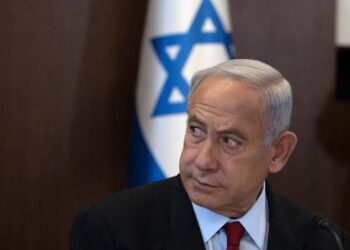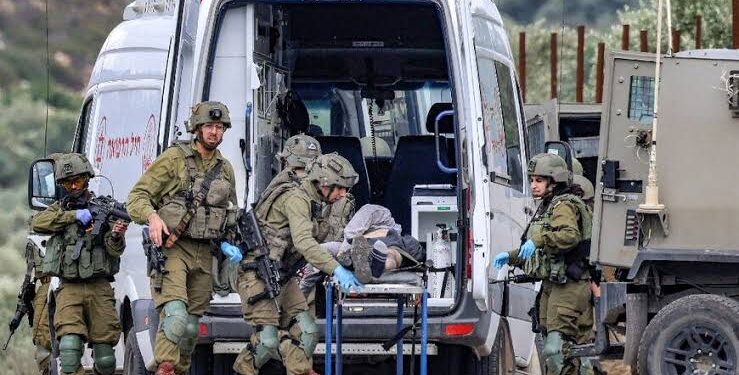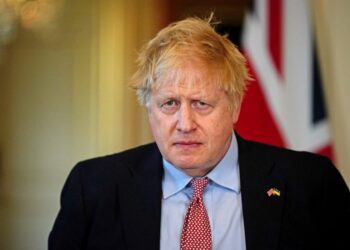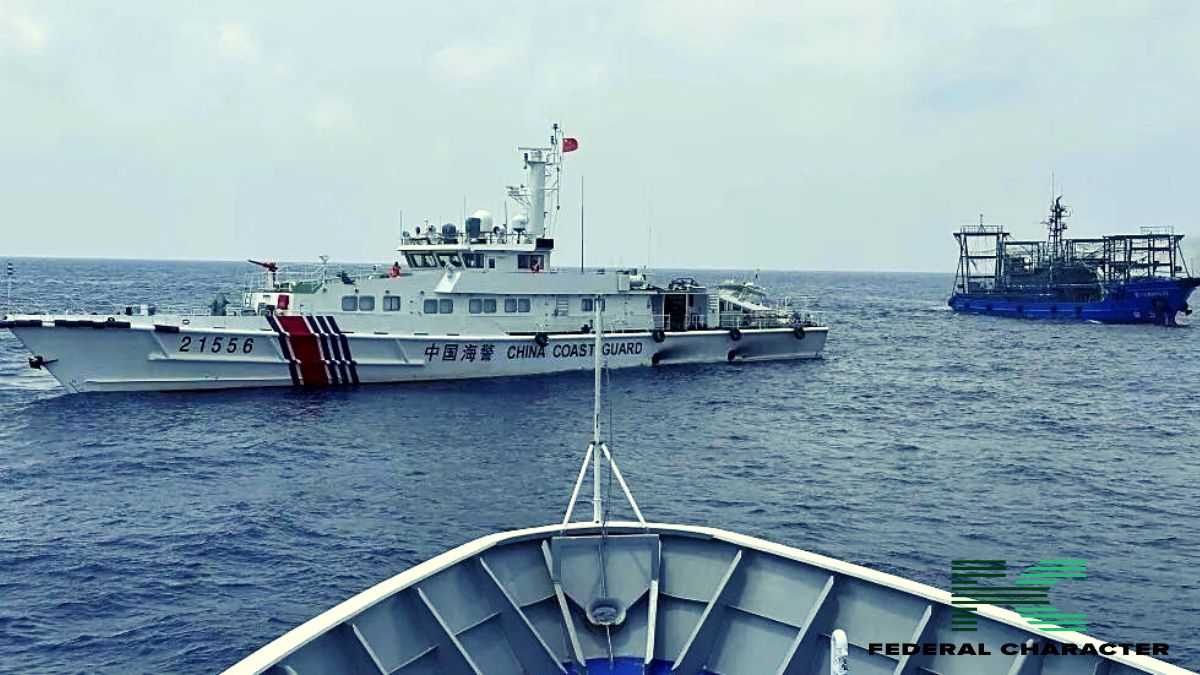The conflict between Israel and Lebanon’s Hezbollah has reached a critical point, with Israeli Foreign Minister Israel Katz warning of an imminent decision on an all-out war. Amid escalating cross-border fire and threats of major attacks, the United States and France are ramping up diplomatic efforts to prevent a broader conflict. U.S. envoy Amos Hochstein has been dispatched to Lebanon to defuse the situation after increased cross-border fire along Lebanon’s southern frontier, escalating to threats from Hezbollah to attack Haifa, Israel’s third-largest city.
Background
For the past eight months, Hezbollah, backed by Iran, has been trading fire with Israel alongside the ongoing Gaza war. Recently, the conflict intensified as Hezbollah launched its largest volleys of rockets and drones at Israeli military sites after an Israeli strike killed a senior Hezbollah commander. In response, Israel targeted a Hezbollah air unit in its latest strikes.

Hezbollah insists it will not cease its attacks unless there is a ceasefire in the Gaza Strip. The escalating violence prompted the U.S. to dispatch Hochstein to Lebanon immediately after his brief visit to Israel. Hochstein emphasized the seriousness of the situation and President Biden’s intent to prevent further escalation into a larger war.
Diplomatic Efforts
Hochstein met with the head of Lebanon’s army and parliament speaker Nabih Berri, leader of the armed Amal movement allied with Hezbollah, which has also been involved in the conflict. The U.S. and France are pursuing diplomatic efforts to achieve a negotiated end to hostilities along Lebanon’s border.
In a show of strength, Hezbollah released a nine-and-a-half-minute video purportedly showing surveillance footage of various locations in Israel, including Haifa’s sea and air ports. Haifa is located just 27 kilometers (17 miles) from the Lebanese border.
Katz’s Warning
In a social media post, Katz highlighted the imminent threat posed by Hezbollah’s leader, Sayyed Hassan Nasrallah, who has threatened to damage Haifa’s ports, operated by Chinese and Indian companies. Katz stated, “We are getting very close to the moment of deciding on changing the rules of the game against Hezbollah and Lebanon.”
He warned that an all-out war would result in the destruction of Hezbollah and severe damage to Lebanon. While acknowledging that Israel would also suffer heavy losses, Katz emphasized the necessity of restoring security for the residents of northern Israel.
Why It Matters
The escalating conflict between Israel and Hezbollah has significant implications for regional stability. A full-scale war could draw in other regional players, exacerbating tensions in an already volatile area. The international community, especially the U.S. and France, is keen on preventing such an outcome to avoid a broader conflict that could have far-reaching consequences.
Bottom Line
The situation between Israel and Hezbollah is at a critical juncture, with the potential for an all-out war looming. Diplomatic efforts are in full swing to de-escalate tensions, but the threat of further violence remains high. As both sides prepare for possible large-scale conflict, the international community watches closely, hoping for a peaceful resolution to avoid further destabilization in the region.

















